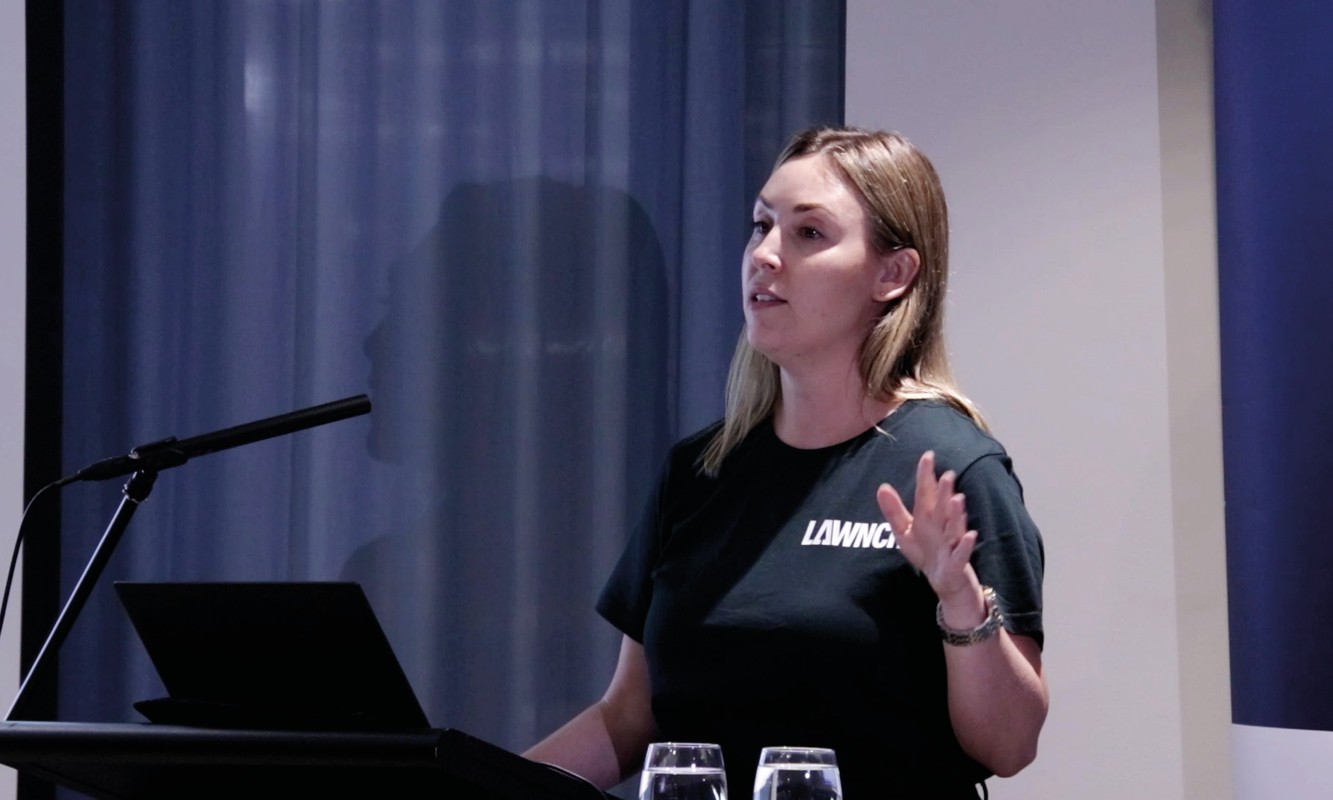You’re all busy and don’t want to read endless quotes and data from the last 20 years of research on mindfulness, so here’s a snapshot of what it has been shown to do:
- Helps increase happiness, reduce stress, develop self-awareness and improve communication. At work, it improves employee engagement and collaboration.
- Builds resilience, improving ability to bounce back from emotionally challenging situations, develop emotional and cognitive resilience, equanimity and inner calm.
- Builds empathy – the ability to tune in to how others are feeling, which improves social interaction. And builds compassion – empathy in action, the desire to be of service.
The World Economic Forum stated in its ‘Future of Jobs Report 2018’ that “in order to truly rise to the challenge of formulating winning workforce strategies for the Fourth Industrial Revolution, businesses will need to recognise human capital investment” and that by 2022 human skills such as emotional intelligence (EQ), creativity, leadership and social influence will significantly increase in importance. Hmmm, little did they know of the 2020 pandemic, but I’m thinking that has only made the quote here more relevant as business grapples with disruption and a distributed workforce.
LinkedIn also published a list of the top skills for companies in 2020, identifying emotional intelligence as part of the top five soft skills.
In late 2020, the Search Inside Yourself Leadership Institute (SIYLI) surveyed 955 leaders, managers and employees from a wide range of organisations around the world and found that 85% agree that emotional intelligence is important for the future, up from 60% and 76% in previous surveys. This and other data lead SIYLI to state that EQ based on mindfulness is important given:
- current levels for stress and burnout
- the need for connection in a (more) disconnected world
- the growing demand for human centred leadership
- the need to adapt and thrive.
Investment in mindfulness by organisations pays off, with data supporting measurable ROI. The SIYLI report also referred to global firm SAP, which has delivered the SIY program to 7200 of its 13,000 employees worldwide. “There is a significant increase in employee engagement, leadership trust index, also an increase in retention rate and a significant decrease in unscheduled absences” resulting in their estimation that the ROI on this training investment was around 200%.
Aside from all of these benefits mentioned, I also like to suggest that mindfulness is good risk management and offer the following four examples:
- Stress: Working under short periods of acute stress might help with peak performance, but when we tip over into chronic stress the impact on our brain and body is significant and we are more likely to make mistakes.
- Distraction & focus: Multi-tasking, being surrounded by electronic devices demanding attention, phone calls/emails/interruptions mean that we are often not focused on the task at hand. Regular meditators report being better able to concentrate and notice when they have been distracted and so allowing their full attention to return to the task
- Responding to triggers: When we respond in the moment to a triggering event, we are more likely to do so with an automatic response, based on previous conceptions, incorrect judgements and according to patterns. Or if an ‘amygdala hijack’ has taken place because of a perceived threat, our rational brain takes a back seat as we go into ‘fight or flight’ response. Learning techniques that can help us to stop and breathe is the first step. Being mindful here would encourage us to notice the emotions and sensations in the body. By pausing we reflect either in the moment or for some longer period. And then respond in the most appropriate way.
- Mindful listening: Lawyers are trained to ask questions, take instructions and provide advice or offer a solution. With time at a premium, interactions with clients, staff and others can often be rushed and the opportunity to really understand what is being said (or felt) is missed. Mindful listening is taking the time to listen in a way that is non-judgemental, without the need to rush or provide an instant solution. Give the gift of full attention. People trying this out at one of my courses, even in a three-minute activity, marvel at what it feels like to be truly listened to. And how hard it can be to listen attentively for that time without interrupting or thinking about what you are going to say next.
More on mindfulness next week. This content first appeared in Brief, the journal of the Law Society of Western Australia. It is reproduced with permission.
See Cathryn’s earlier articles:
Mindfulness: An essential tool for the modern lawyer
More on mindfulness: Micro practices
Cathryn Urquhart is a West Australian lawyer who works as a Professional Skills Trainer and Practice/Risk Management Consultant. She is also a Certified Teacher at the Search Inside Yourself Leadership Institute.













Share this article